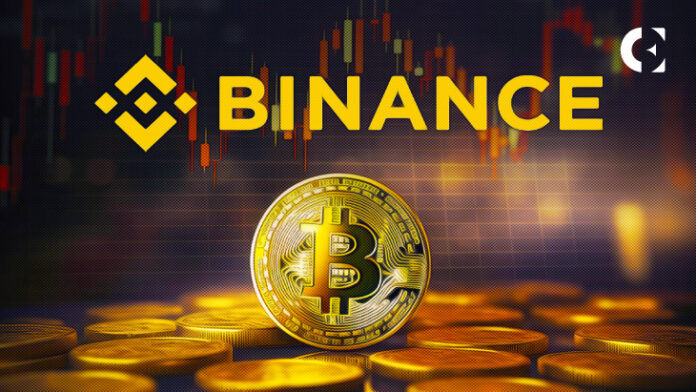- Binance’s market share of Bitcoin trading fell from 81.3% to 55.3%.
- Bybit and OKX increased their non-U.S. market shares to 9.3% and 7.3%.
- Binance faces a new legal battle over unregistered crypto sales in Canada.
Binance, the leading global cryptocurrency exchange, has experienced a significant decline in its market share of Bitcoin trading outside the United States. Research from Kaiko indicates that Binance’s share dropped to 55.3% from 81.3% over the past year. For Altcoins, the share fell to 50.5% from 58%.
This shift is attributed to Binance ending a promotion that eliminated trading fees. Analysts at Kaiko suggest that this change has allowed smaller exchanges to gain traction as trading volumes rebound. Notably, Bybit and OKX have increased their market presence, particularly in Asian markets.
Bybit’s share of non-U.S. Bitcoin trading rose to 9.3% from 2%, while OKX now holds 7.3%, up from 3%. These gains come as Binance faces legal challenges, including recent guilty pleas to U.S. charges related to anti-money laundering and sanctions violations by its co-founder Changpeng Zhao.
Under new leadership from Richard Teng, a former Singapore regulator, Binance has enhanced its compliance measures. This includes stricter token listing criteria and the appointment of a new board of directors. These moves are part of Binance’s broader effort to restore its reputation and maintain regulatory compliance, particularly with U.S. authorities.
The cryptocurrency sector overall has benefited from a surge in Bitcoin prices. Since the beginning of last year, Bitcoin’s value has quadrupled, reaching a record high of US$73,798 last month. This price increase has stimulated trading activity across the industry.
In addition to regulatory challenges in the U.S., Binance faces legal issues in Canada. A class action lawsuit filed in Ontario accuses the exchange of selling crypto derivatives to retail investors without proper registration, a violation of local securities laws. This lawsuit seeks damages and rescission of the affected transactions.
The Superior Court of Justice in Ontario has acknowledged the claims, noting that crypto contracts are considered securities or derivatives under current regulations. The marketing of these products thus constitutes a distribution, necessitating proper registration and compliance.
Disclaimer: The information presented in this article is for informational and educational purposes only. The article does not constitute financial advice or advice of any kind. Coin Edition is not responsible for any losses incurred as a result of the utilization of content, products, or services mentioned. Readers are advised to exercise caution before taking any action related to the company.










